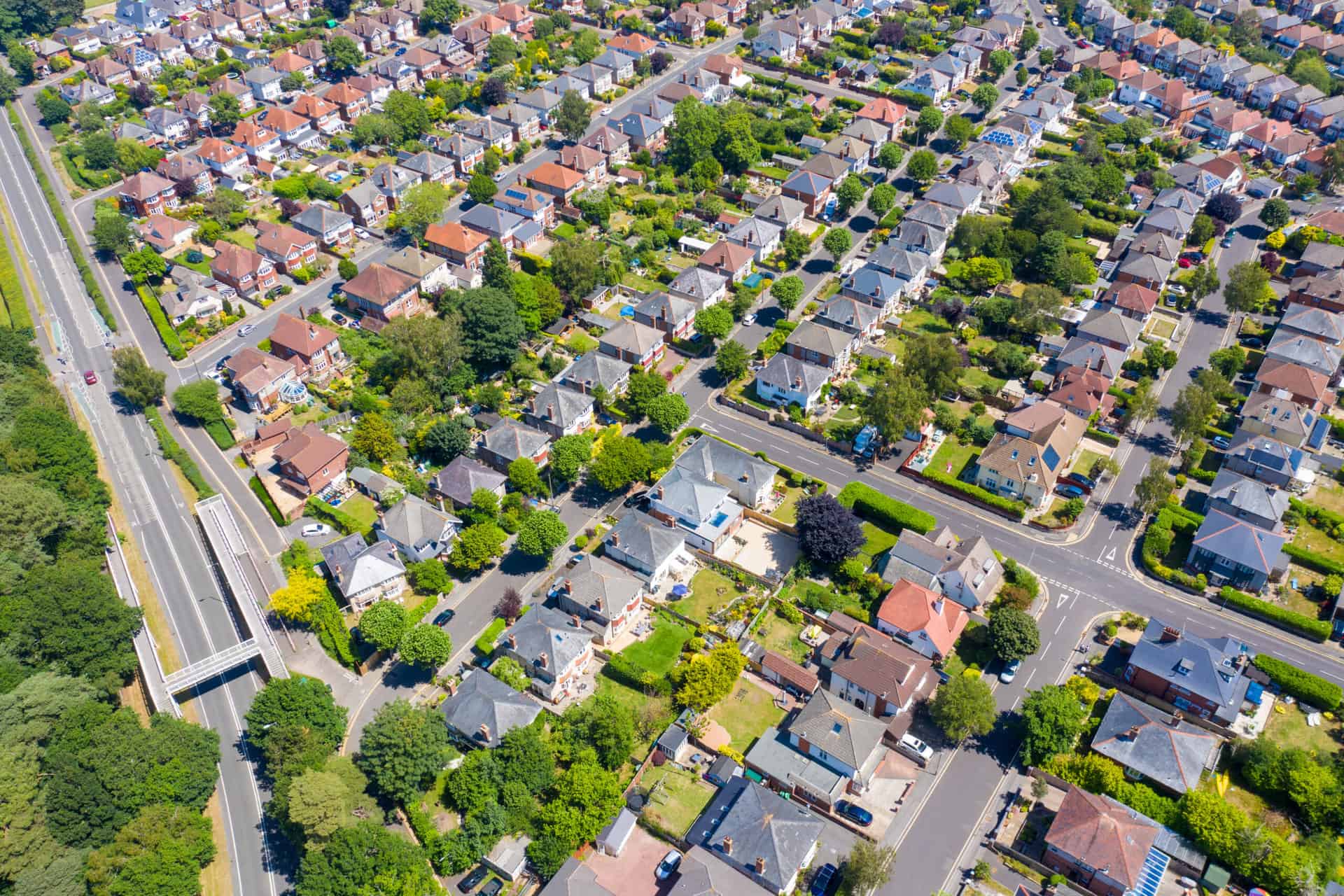Neighbourhood plans
Communities writing neighbourhood plans are in a unique position to help meet the challenge of climate change.
Once adopted, the policies in a neighbourhood plan have the same status as those set by the council and can include policies to help reduce carbon emissions created by new development and to adapt to climate change impacts.
For planning advice and assistance to draft a low carbon neighbourhood plan for your community, please contact us at communities@cse.org.uk for a quotation.

Community engagement
Community engagement is a critical component of neighbourhood planning. Engaging early with the wider community early enables residents to think about how resilient their community may be to the impacts of climate change and how emissions could be reduced locally. It can also build evidence to demonstrate that ambitious neighbourhood plan policies carry community support.
It can be tempting for committed individuals to draw up ambitious policies and objectives themselves and then seek to build support around them (the “announce and defend” approach). But it is more effective in the long run to use participatory processes such as workshops to build informed support around this agenda. And taking the community with you increases the chances of your plan being successful in the referendum at the end.
For further detail on the statutory requirements for community involvement, see the Neighbourhood Planning Roadmap from Locality.
Resources
We have developed a range of materials and workshops to support neighbourhood planning groups:
Neighbourhood Planning in a Climate Emergency
The new and updated edition of our popular guidebook explores the potential of ‘low carbon’ neighbourhood plans to incorporate policies to mitigate and adapt to climate change. The 3rd edition, with a foreword from the Town & Country Planning Association, has been thoroughly overhauled and now has much more policy detail.
How Green is my Plan (rural)
and
How Green is my Plan (urban & suburban)
Whether your community is urban or rural, these self-assessments will help you to assess your draft plan and see how well it performs in terms of climate change and sustainability, and how it could be improved.
How to identify suitable areas for onshore wind development in your neighbourhood plan
Step-by-step guide to help community groups identify suitable areas for onshore wind development in their Neighbourhood Plan. Includes guidance on ‘constraints mapping’, suggestions for approaching community involvement and a recommended template for a wind policy.
Questionnaire picklist
This is a selection of questions you can use or adapt in your neighbourhood plan questionnaire which raise issues which are relevant to the climate crisis, but also build links to other subjects that may be important to local residents, including those who don’t believe in climate change (MS Word doc).
Future Energy Landscapes
This proven community consultation method can help your community work towards an informed consensus about what types of renewable energy might be acceptable in your neighbourhood and where. The workshop outputs can provide the basis for a renewable energy strategy for your neighbourhood for further consultation and refinement and can form part of your evidence base.
Read more about how this community engagement process works here.
We are able to plan and facilitate workshops and consultations for you. For more information, or a quotation email communities@cse.org.uk.
Policies for a zero-carbon future
This 2.5-hour workshop is designed to be run early in your community involvement process and to help attendees consider the changes needed in their community to help solve the climate crisis. The workshop outputs are an initial list of high-level policy objectives, a list of possible community actions and initiatives to sit alongside the plan, and an action plan setting out next steps. The outputs can form part of an evidence base and be used for wider community engagement and policy writing.
Click here to download the introductory presentation (powerpoint).
Click here to download the facilitation instructions (pdf).
School workshops
The world that adults create through climate inaction, children will inherit. These age-appropriate workshops for secondary and primary schools introduce younger people to the town planning processes and give children of all ages an opportunity to express their views on how their area is developed and how the climate crisis can be addressed.
Healthy future for people and planet
Aimed at older primary-school children – because a child’s eye view is a valuable perspective when it comes to planning – this session encourages young learners to present their views on road safety, provision for walking and cycling and access to green space in their neighbourhood.
Presentation
Course instructions
Script
Planning for a zero-carbon future
This is our secondary school workshop. With a little explanation of what the planning system is and why it is relevant, young people at secondary school are able to engage with this material in much the same way as adults.
Looking to write a neighbourhood plan?
For planning advice and assistance to draft a low carbon neighbourhood plan for your community, please contact us for a quotation.








